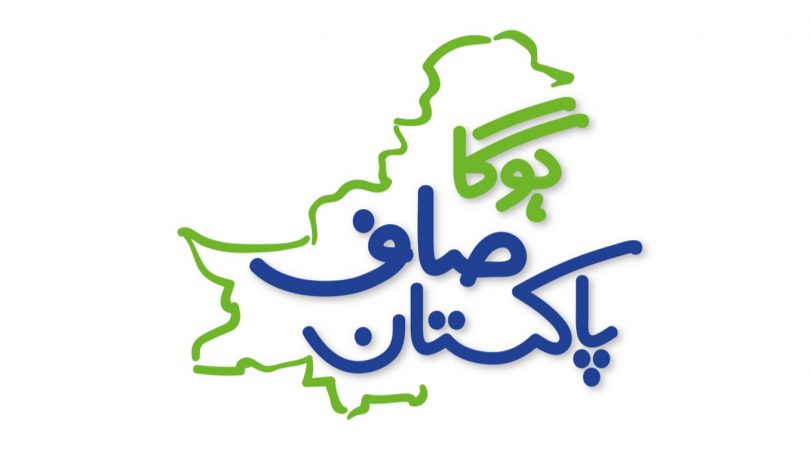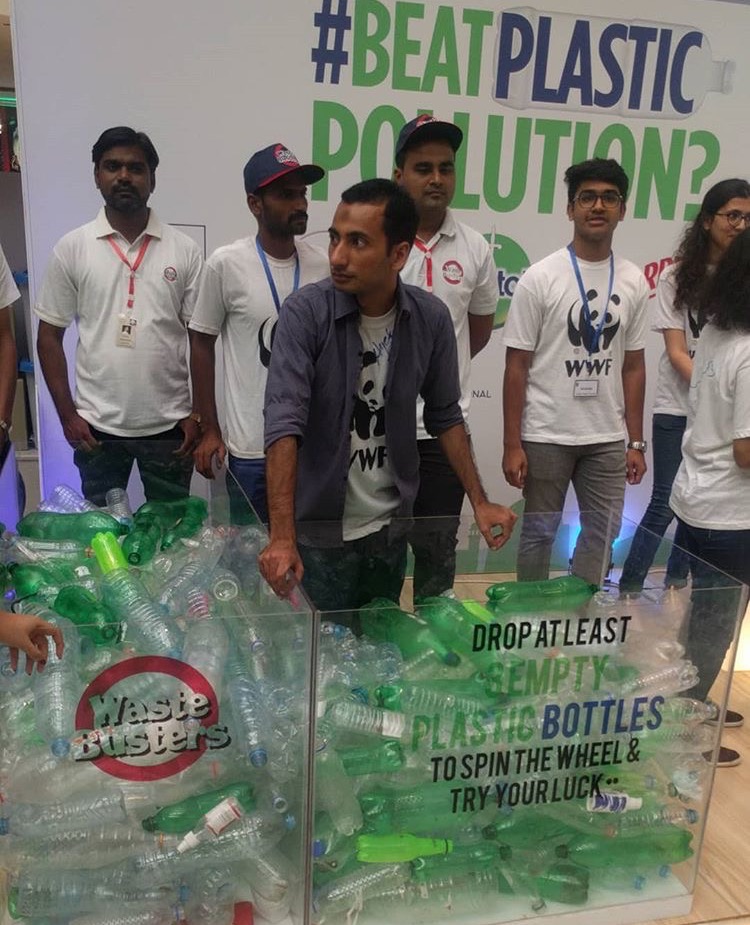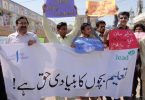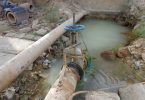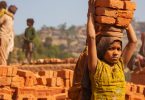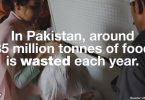The makers of Dettol, Mortein and Harpic, Reckitt Benckiser and World Wildlife Fund (WWF) have teamed up under a campaign named ‘Hoga Saaf Pakistan’, to wipe out plastic pollution from Pakistan.
They are calling people to bring empty plastic bottles at the Dolmen Mall, Clifton from 10th to 14th August. They are also joined by Waste Busters to properly dispose and recycle these bottles. Plastic having single use is a big reason of clogging of oceans and cities with plastic waste. A report by UN stated that every minute, one million plastic bottles are purchased all over the world. Almost half of this plastic is used for a single use such as plastic bottles and then they are thrown away.
The aim of this activity is not only to create awareness about reducing the usage of plastic, but also to ensure that this plastic can also be recycled and then reused. RB and WWF will also launch this activity in universities nation wide. This challenge will demand students to come up with multiple reasons on how we can reduce pollution caused by plastic. Different companies like Careem, Espresso, JS Bank, Nestle and Departments like PIA and NIC have also joined hands for this programme.
Dr. Babar Khan, regional head, spokesperson WWF said:
Global Innovation Challenge is a coordinated effort with all our partners to solve the problem of plastic pollution. This Independence Day, when the spirits are high, we request all citizens to come forward and be a part of this initiative so together we can create a cleaner and safer Pakistan for our future generations.
While Fahad Ashraf, CEO, RB Pakistan had these comments:
RB’s plastic bottles range in Pakistan is recyclable as part of our organization’s commitment to reduce plastic pollution and our “Hoga Saaf Pakistan” pledge for a healthier and cleaner country. Globally also we at RB have pledged 100 percent of our packaging is recyclable or reusable products by 2025. However, it won’t be possible for us to make a change globally on our own. This initiative is one of our firsts in creating meaningful partnerships to find possible solutions and beat plastic pollution.
According to my opinion, taking this activity to universities and then asking students about how we can wipe out pollution from Pakistan is a good approach, because the young generation would definitely come up with more innovative solutions to this problem.

